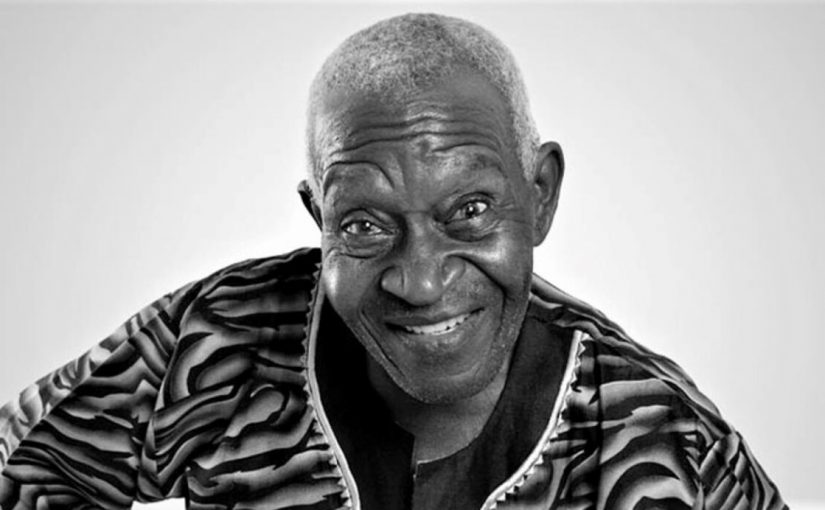Mozambique to host 2026 AUSC Region 5 Youth Games
Mozambique: Dilon Djindji, the King of Marrabenta, dies at 97

Image: Notícias
Musician Dilon Djindji died at the age of 97, in the early hours of this Wednesday, at the Maputo Central Hospital.
Throughout his life, Dilon Djindji fought several battles, all the way to declaring himself “King of Marrabenta”. Playing and interpreting this musical rhythm from the south of the country, he was a happy man who took the distinctive characteristics of Mozambican music beyond borders.
Despite his courage and determination, his artistic longevity and the joy with which he performed on stage, there came a time when his health prevented Djindji from continuing to compose and enjoy doing what he really loved: singing and dancing for his audiences, for his people.
In recent years, amongst absences due to illness and hospital admissions, with health issues mainly related to his age, Dilon Djindji began to fight the most difficult battle of his life, that of continuing with those who made him “king”. The musician resisted as best as he could, but at midnight this Wednesday, in the Cardiology Department of the Maputo Central Hospital, Dilon Djindji left us, at the age of 97, leaving behind his wife, whom he loved all his life, his eight children and his many grandchildren.
Dilon Djindji was born on 14 August 1927, in Marracuene, 30 kilometres from the Mozambican capital. At the age of 12, he made his first guitar, with only three strings, from an oil can.
At the age of 15, Dilon began to play at weddings and private parties, encouraged by his older sister. At that time, he played the popular musical styles dzukuta and magica.
Dilon Djindji has always found in music the art of expressing himself. But his life is also full of other stories. In 1945, he attended a Bible study course at the Swiss mission in Ricalta, Marracuene, where Henri Junod founded an evangelical school.
Before becoming the “king of marrabenta”, Dilon was a church pastor, football player and boxer. And, despite his intense life, Dilon Djindji never ignored the power of music, even when he worked as a miner in South Africa, even when he worked in an agricultural cooperative.
In 1973, Dilon recorded his first album, Xiguindlana. And, over time, he became popular with songs that reflected daily life in Mozambique, such as “Maria Teresa”, “Angelina”, “Maria Rosa”, “Sofala”, “Marracuene”, “Xitlanwana”, and, of course, “Podina”.
It was already in his old age that Dilon internationalized his career as the lead singer of Mabulu. On stage, Djindji’s performance and dance steps were unmatched.
With Mabulu, Dilon enjoyed the best moments of his career, having performed in Portugal, England, Norway, Germany and the United Arab Emirates.
In 2013, the story of the “King” was told in a book, entitled Life and Work of Dilon Djindnji.
When he sang, Dilon Djindji believed he was fulfilling a mission, which even earned him the “Medal of Merit for Arts and Letters”, awarded by the Government. Dilon said: “We have to sing to bring joy to people’s hearts. When that happens, even our ancestors rest in peace”.
And resting in peace is what now falls to the man who gave everything to music: Dilon Djindji, the “King of Marrabenta”.
ALSO READ: The day the Minister of Culture went to visit the King of Marrabenta
Mozambique: Minister urges all to support Marrabenta icon Dilon Djindji












Leave a Reply
Be the First to Comment!
You must be logged in to post a comment.
You must be logged in to post a comment.